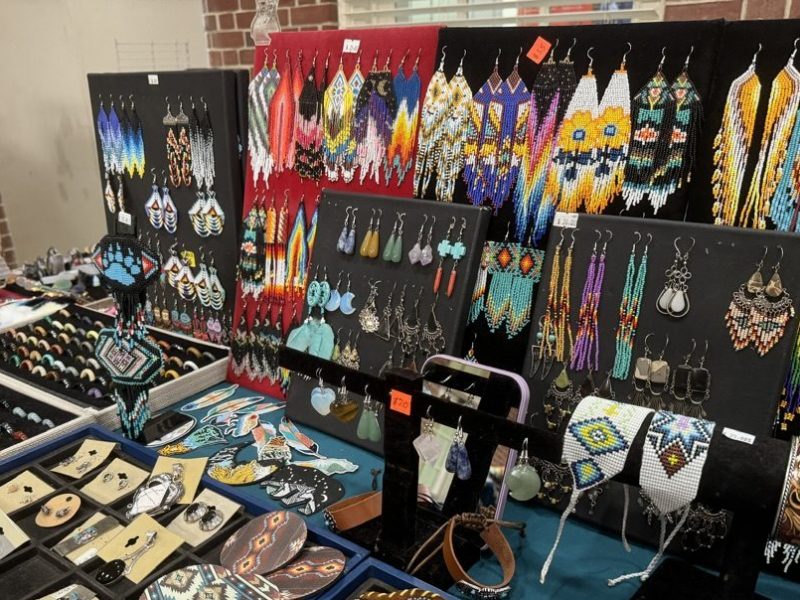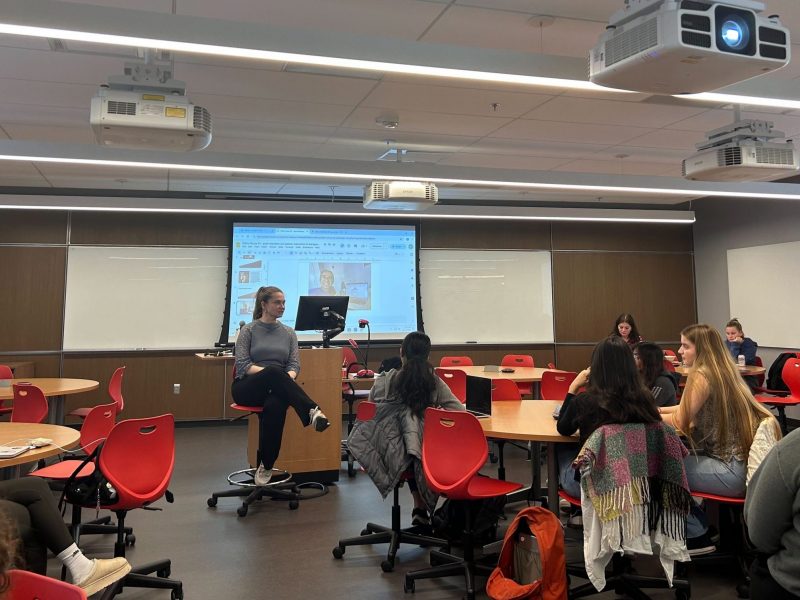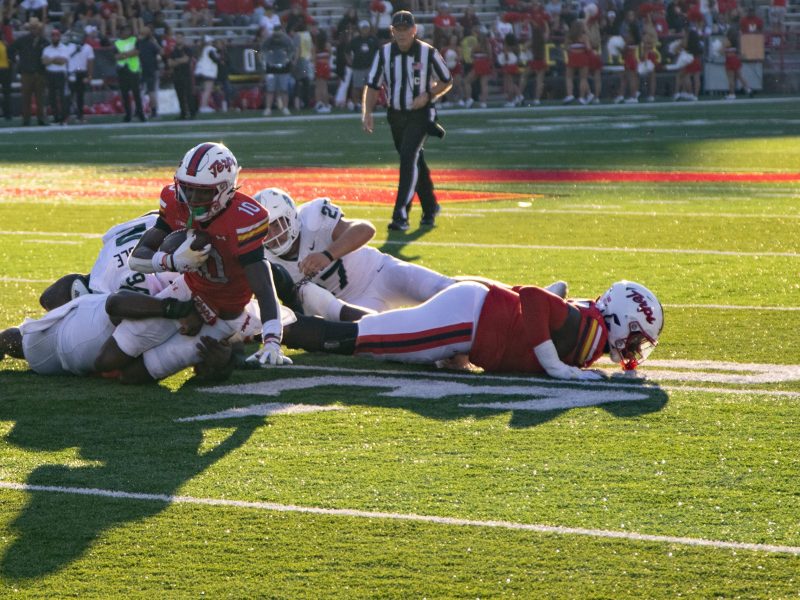If hip-hop archaeologists dig in the crates to uncover records from the genre’s early years, they’ll find that most of the significant albums are collaborations between one emcee or group and one producer. Consider the list: Eric B. and Rakim’s Paid in Full and Follow the Leader, Pete Rock and C.L. Smooth’s Mecca and the Soul Brother and The Main Ingredient, and many more.
So why does this duet format usually turn out so well? Perhaps because the emcee and producer have time to nurture, experiment with and play off each other’s talent to create a cohesive, clearly themed, atmospheric work. It’s the reason why Train of Thought, Talib Kweli’s exclusive work with Hi-Tek, is a lot better than his solo albums, which feature a multitude of producers whose vibes clash like patients at a group therapy session.
Given the collaborative model’s proven success, it’s no surprise that two of the most talented figures in the game — North Carolina’s finest soul sampler, 9th Wonder, and California’s favorite dreadlocked rapper, Murs — would join forces to continue the tradition of solid albums. Fornever is the pair’s fourth album together, and while it isn’t their most prolific or striking, it’s a fine representation of both their individual and united skills.
Murs and 9th Wonder complement each other while showcasing their individual strengths. Each has his moment to stand out, as Fornever is a true buddy effort, such as Robert Parish and Kevin McHale on the 1980s Boston Celtics or Cheech and Chong.
And the aforementioned references aren’t as random as they may seem, because 9th Wonder and Murs seem to work as hard in the studio as those basketball players did on the court, yet their style is often as laid-back and fun as those comedians’ stoner flicks.
Murs, whose lyrical enunciation is unparalleled, raps to listeners as if he is chilling with them at the neighborhood bar, knocking back a few Coronas while giving in-depth details about his latest news: his meal at Roscoe’s House of Chicken ‘n’ Waffles, his trip to the corner store for snacks and, on a more serious note, his growing concern with the hypocrisy of U.S. politics. Murs is a regular guy who likes to share his regular experiences and thoughts.
Murs is at his best on “Let Me Talk,” a track based on various arguments with his girlfriend. 9th Wonder makes the most of a 1960s girl group sample — the perfect background for Murs to vent about his lady’s PMS. Murs spits what he probably wishes he has the nerve to say to his girlfriend when she’s nagging him during the Lakers game: “If we had more sex/ You wouldn’t be more stressed/ But you like to front/ Like that time of the month/ Ain’t the reason why you got your panties up in a bunch” and “So here we go getting loud and obnoxious/ When all you really need is some Motrin and chocolate.” “Let Me Talk” is like a hip-hop-themed episode of Everybody Loves Raymond.
Murs also kills “Cigarettes and Liquor,” a frank shout-out to his favorite vices. Sure, smoking tobacco may cause cancer, bad breath and yellow teeth, but Murs justifies that he can’t give it up because it’s his choice way to cope with stress. He also relates a hilariously relatable story about a dude being hungover at work: He has a headache, vomits every five minutes and faces his co-workers’ jeering about his drunken exploits at last night’s wild party.
While Murs’ muses on everyday life, 9th Wonder keeps listeners’ heads nodding with his steady blend of instrumentals that are fit for a Cooley High dance. His Pete Rock-influenced beats are often paced a bit too similarly and share the same breezy atmosphere, but they are almost always ear-pleasing. 9th Wonder, the Little Brother alumnus who has been hip-hop’s go-to sonic soul man since Jay-Z shouted him out on 2003’s The Black Album, makes beats through which listeners can zone out and meditate.
His cover of “I Used to Love H.E.R.” is a great example of 9th Wonder’s transcendent ability. Although Murs kicks most of Common’s original lines (with some West Coast-inspired additions and timely updates that include an Auto-Tune reference), he sounds more emotional and more desperate to save hip-hop thanks to 9th Wonder’s harmonious, horn-filled beat. The orchestral track is a rap-ready version of something that could be found on Stevie Wonder’s Songs in the Key of Life.
“Live from Roscoe’s” is another future classic for 9th Wonder. The steady bass mixed with the constant horn and synthesizer blasts transports listeners to a Chevy Impala, equipped with hydraulics and rolling down Crenshaw Boulevard on a bright, sunny day.
With only 10 songs and varying topics, Fornever comes across more like an EP than an LP. When listened to as a whole, it feels a bit incomplete, doesn’t come full circle and doesn’t have a true concept. But the album is still a welcomed gift from two of hip-hop’s most generous contributors and Fornever is a fine addition to the archive of emcee-producer collaborative albums.
RATING: 3.5 stars out of 5
rush@umdbk.com


